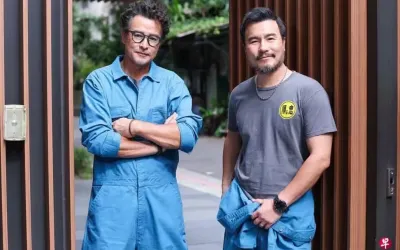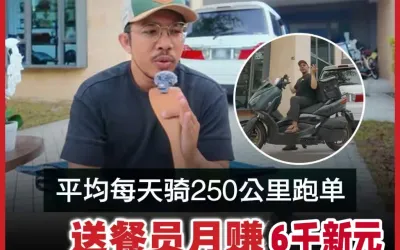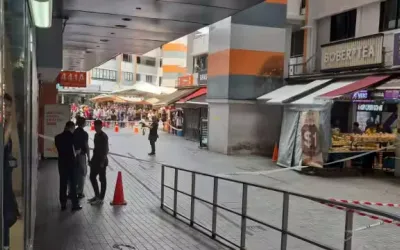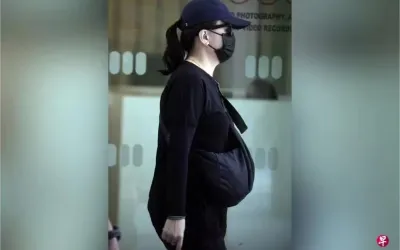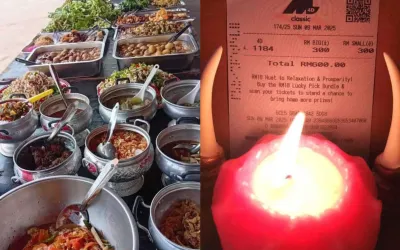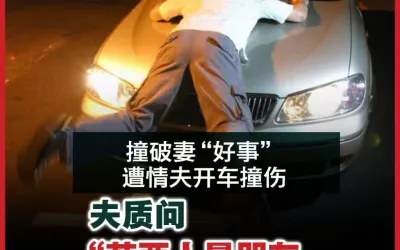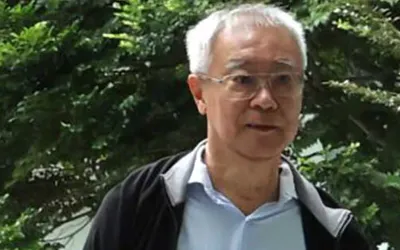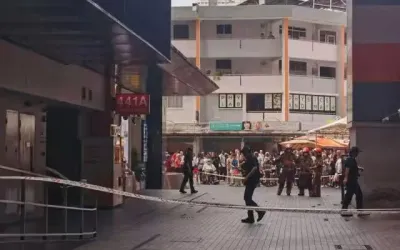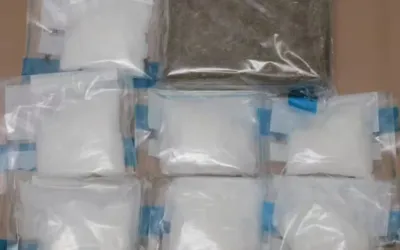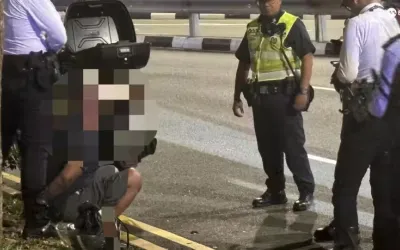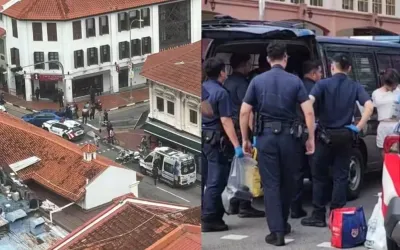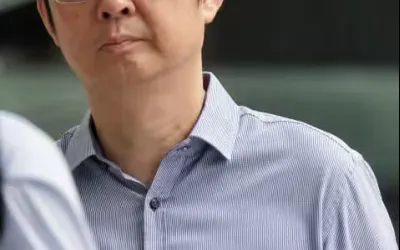Mr Leong's questions may have been prompted by fears of foreigners committing crimes in Singapore. The only way we can be sure that foreigners will not commit crimes here is to close our borders to them. But doing so would destroy Singapore's economy. Singapore and Singaporeans benefit from the tourism revenue and employment opportunities that foreigners, including those from China, bring. Just as an example, the tourism sector contributed $27.2 billion in tourism receipts in 2023 and employed more than 71,000 workers as of December 2023. The sector also contributed, on average, 3% of Singapore's gross domestic product (GDP) over the last 10 years, from 2014 to 2023, excluding 2020 to 2022 due to the COVID-19 pandemic.
In addition to being an important economic contributor, tourism plays an essential role in reinforcing Singapore's status as a vibrant global city that is a magnet for capital, businesses and talent. It also enhances the quality and diversity of leisure options for local residents and helps to create a living environment that Singaporeans can be proud to call home. There is no way to realise these ambitions if we erect walls and keep visitors out.
Our neighbours, Malaysia and Thailand, have also rolled out initiatives to boost tourism. For instance, to attract Chinese visitors, they have implemented visa exemption, increased flight frequencies and promoted cultural and entertainment experiences that appeal to Chinese travellers.
The mutual visa exemption with China was a carefully assessed and weighed decision, that the security, criminal and immigration risks were manageable, that the economic and bilateral benefits would be significant and that, overall, it is in Singapore's interests to have this arrangement with China.
Mr Speaker: Mr Leong Mun Wai.
Mr Leong Mun Wai (Non-Constituency Member): Sir, I thank the Minister of State for her reply. I have one supplementary question. But first of all, I would like to stress that neither I nor the Progress Singapore Party (PSP) have ever advocated for a closed Singapore. We understand the benefits of an open society and open economy. But as the number of foreigners or foreign visitors increase over time, I think we will need additional measures to protect the security of our country and our society.
As such, I have one supplementary question. Given that some of the Chinese nationals have come to Singapore and committed crimes, like scams, money laundering and, now, even burglaries, is the Government considering tougher penalties on these cross-border criminal activities? I think we need to, in addition to all the measures that the Minister of State had explained just now, also increase the deterrent on people coming to Singapore and committing crimes.
Ms Sun Xueling: I thank Mr Leong for his supplementary question. First and foremost, I thank him for confirming the PSP's stance to keep Singapore open to foreigners and to visitors, because that is critical to Singapore's economy and to continue to have Singapore be a vibrant place for residents and visitors alike.
On transnational crime, there are various aspects to it. There is human trafficking, drug trafficking; there are online scams. Burglary is not exactly a transnational crime, but I think when Mr Leong referred to it, he meant it in terms of foreigners who may come to Singapore to commit such crimes. Over the years, we have been revising our Criminal Procedure Code and Penal Code to enhance our measures to take into account all these offences. Mr Leong would also be familiar with the whole slew of measures that we have undertaken recently and also moving forward when it comes to online scams.
So, I take Mr Leong's point that with increasing number of visitors and not only that, with the increasing use of technology to commit transnational crimes, that we must always monitor and review our laws to make sure that they take into account the evolving nature of crimes.
RL丨編輯
HQ丨編審
新加坡國會丨來源


